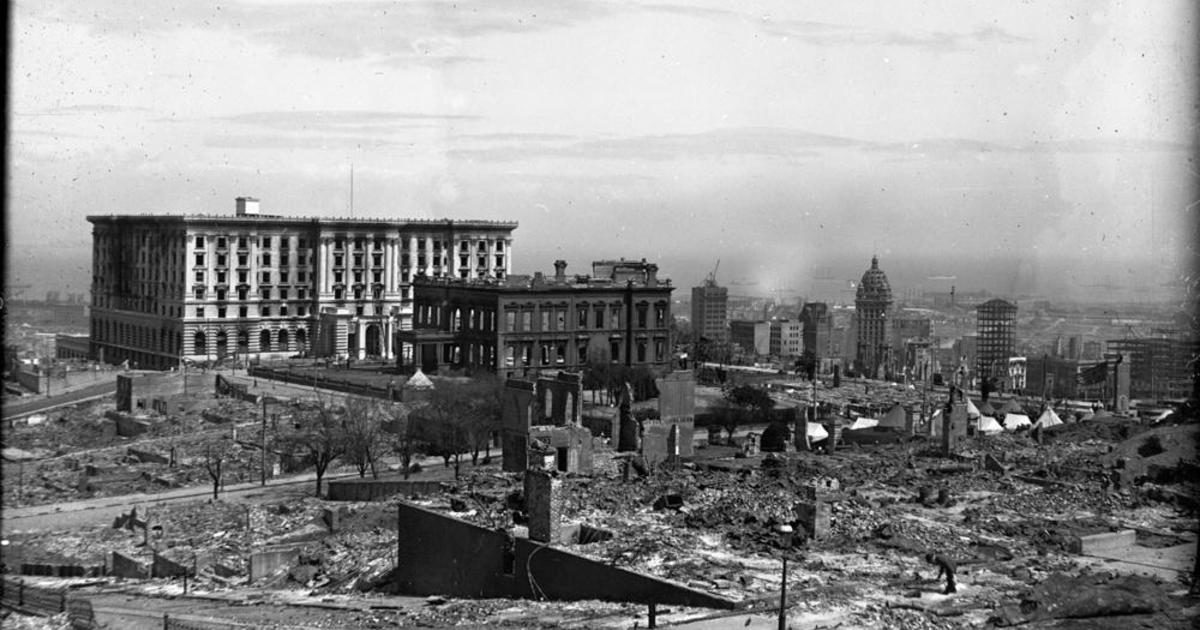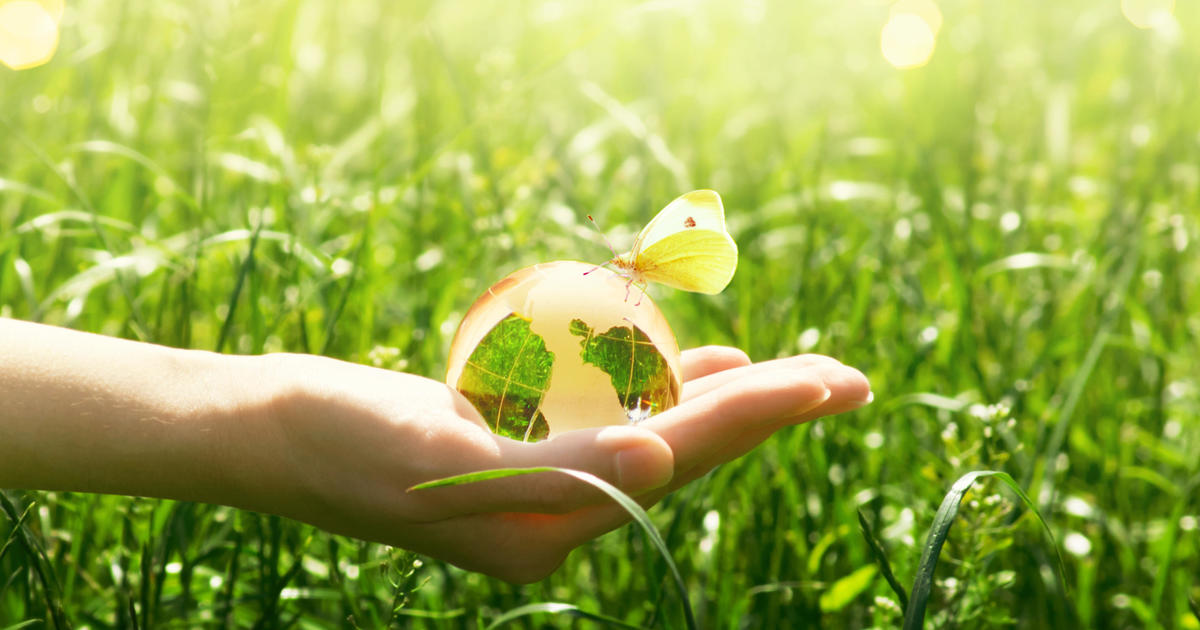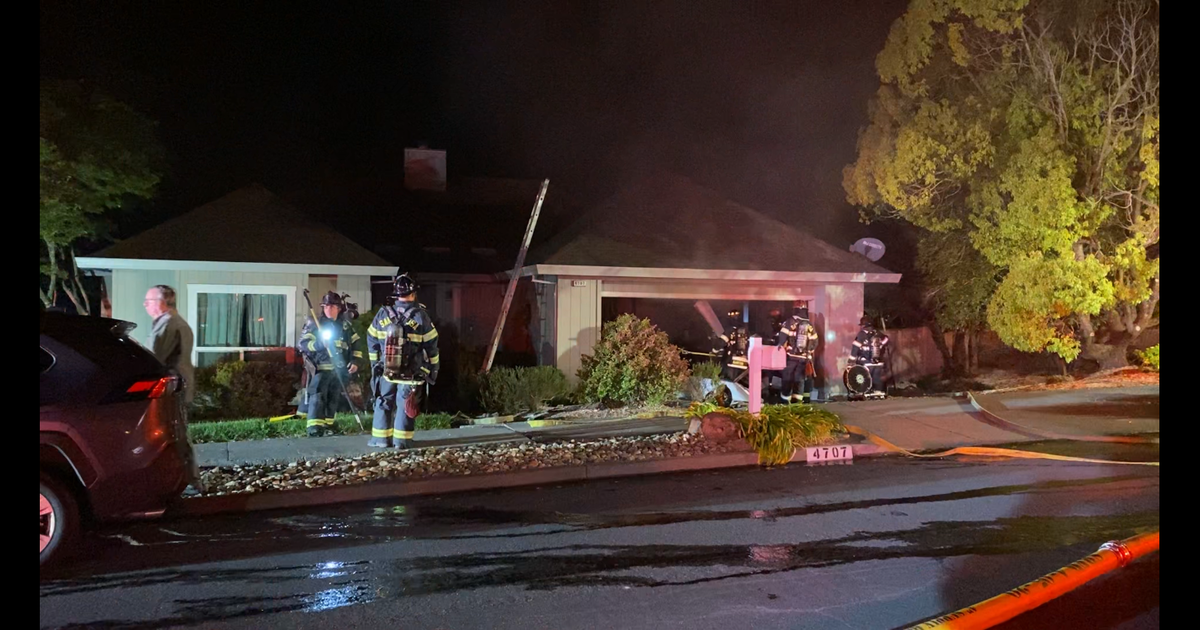KCBS In Depth: Bay Area Disaster Preparedness
HAYWARD (KCBS) – With a spate of recent small earthquakes in the East Bay, this would be as good a time as ever to make sure you are prepared for a possible larger quake or another natural disaster.
Thor Paulsen serves as the Public Education Officer for the Hayward Fire Department and deals with that situation everyday, lending advice to local residents about how to prepare themselves for anything that may come their way.
KCBS Interviews Thor Paulsen with Hayward Fire:
"I try to tell people that being prepared is not just for earthquakes, it can be for a lot of different things. I do have neighbors say that their house is on bedrock and they're not worried about it shaking off during a major earthquake," said Paulsen. "But then I remind them, have you thought about a fire coming up the hill? Because now that the water lines are broken and the fire department has no water, have you thought about what you're going to do."
Paulsen said that while the San Andreas Fault gets much of the attention, the Hayward Fault has been especially active recently.
"The Hayward Fault erupts every 140 years. The last major fault break was in 1868. So if you do the math, you can see that we're overdue and we're certainly due for a rather large shaker," he said. "But we do not use fear-base education. We found out that doesn't work. People aren't interested in statistics. They just need to know and want to know what do I need to do to prepare for something like this."
Paulsen that if there is a major quake in the region, residents should be prepared to be on their own for as long as a week, if not longer. He said an especially important aspect of being prepared is knowing how to effectively use technology.
"When it comes to the phone, most people don't know that when you're down to about one minute of phone service or battery power, the fastest and most efficient way to (contact people) is to text," Paulsen said. "We're trying to train people that you can text 200 people at one time by sending out a message rather than trying to use that last minute of battery power to try to call somebody who may not even be home. So we're trying to educate people that texting is the way to go."
Paulsen said that for the most part, people in the Bay Area are unprepared for a major quake. But he said there are several small things people can do to better prepare themselves.
"We tell people to pack things in a tote that's not too heavy to lift. I also tell people to put things in several different places in their home," he said. "You need to have at least one gallon of water per person per day. You obviously need food. Food and water are the two most desirable items to have in your kit."
Paulsen said that it's also important to make sure everyone in your family knows where items are stored and how to get in contact with each other during a crisis.
You can hear KCBS In Depth, a weekly half-hour news interview, Saturdays at 5:30a.m. and Sundays at 8:30 a.m. and 8:30 p.m. on KCBS All News 740AM and 106.9FM.
(Copyright 2011 by CBS San Francisco. All Rights Reserved. This material may not be published, broadcast, rewritten, or redistributed.)



